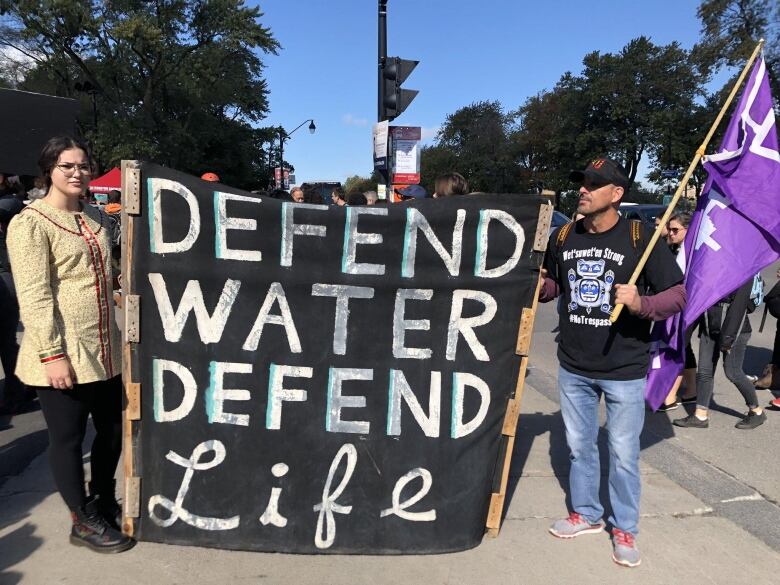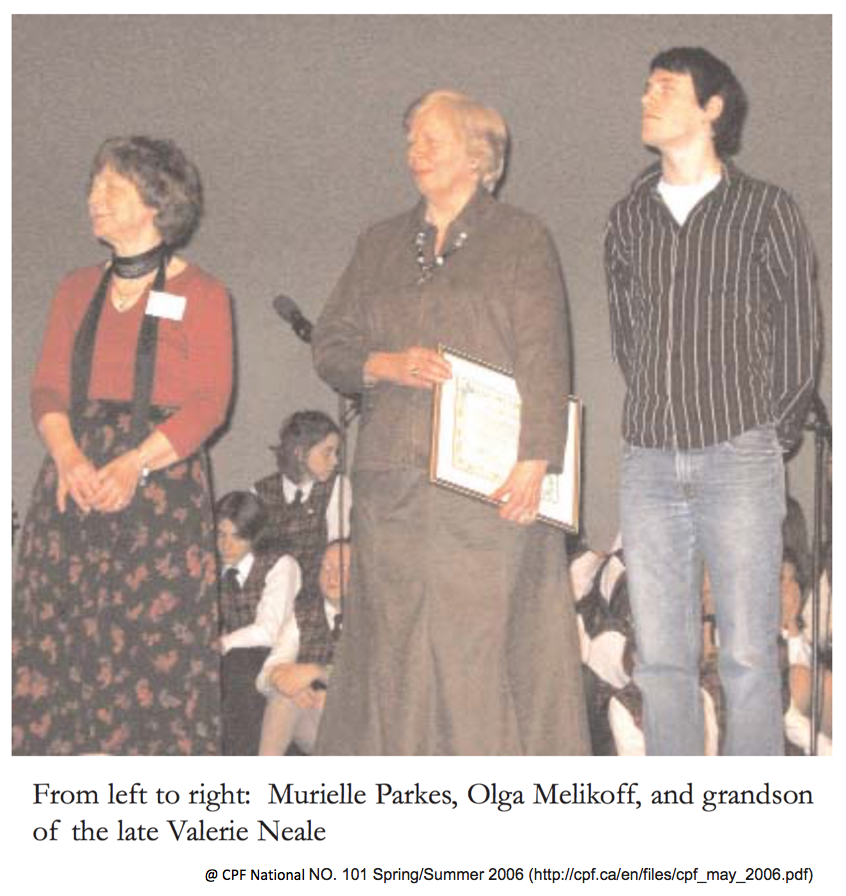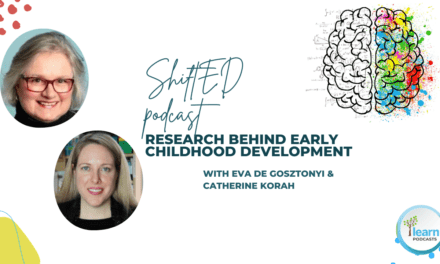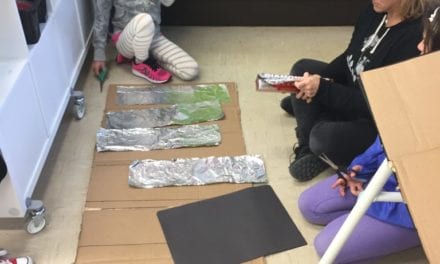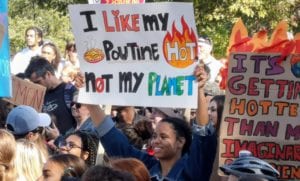
Elysha Enos/CBC
It was a bright and sunny day in Montreal and I was standing at the base of Mont Royal surrounded by half a million people stretching down Parc Avenue. While this may sound like a COVID-19 nightmare, one year ago on September 27th, it was an inspiring moment. The march was organized by youth leaders and billed as a strike from school compelled by the urgency felt about climate change. Young people would be the ones living with the consequences of slow and inadequate action. As a teacher, I was thrilled to see engaged and knowledgeable youth synthesizing their understanding on protest signs.
It was a clear opportunity for teachers to follow the leadership of youth – to find the spaces in the curriculum and plan lessons that address environmental sustainability. It’s hard to admit that 500,000 people in the street is not enough to create a quick pivot. But we can’t give up!
Teachers are key in responding to the hopes of youth. Teaching about environmental sustainability is teaching within the QEP. It’s firmly rooted in the Broad Areas of Learning – Environmental Awareness and Consumer Rights and Responsibilities. The job of teachers includes taking the words of curriculum documents and bringing them to life through projects and lessons. But this task has systemic barriers and cannot rest on the shoulders of teachers alone.
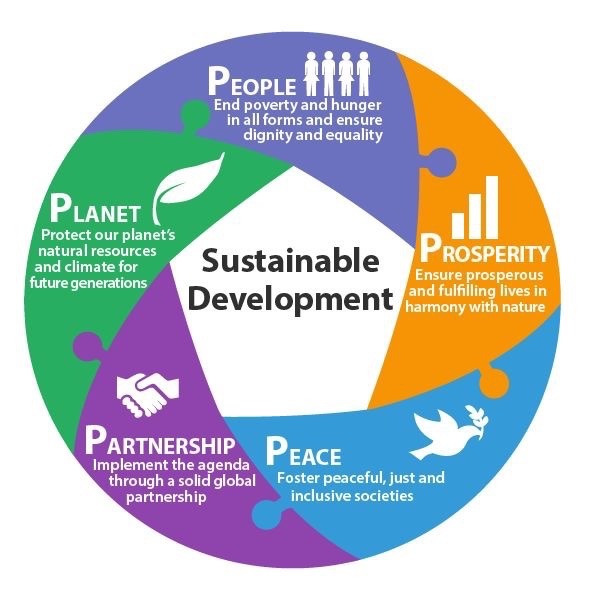
Many Quebec teachers already integrate sustainable development into subject specific competencies. It’s a good exercise to watch this report on des mardis zéro déchet from Valcartier School (CQSB) to recognize the competencies students are demonstrating in their explanations. Our role as educators includes teaching students to simultaneously think and act both locally and globally in order to take on complex problems.
Last spring, I hosted webinars that featured teachers and schools already integrating environmental awareness into the school curriculum including Earth School and Play-Based Learning and Mindfulness into Nature. A network of educators in English Speaking Schools and community partners have been sharing the successes and challenges of school-community gardens as hands-on opportunities to learn about what it takes to grow food locally.
Over the next school year, LEARN is planning online webinars and professional development. We will explore the vast educational resources, including resources from other provinces that promote the United Nations Sustainable Development Goals, and opportunities to connect with the Quebec Education Program.
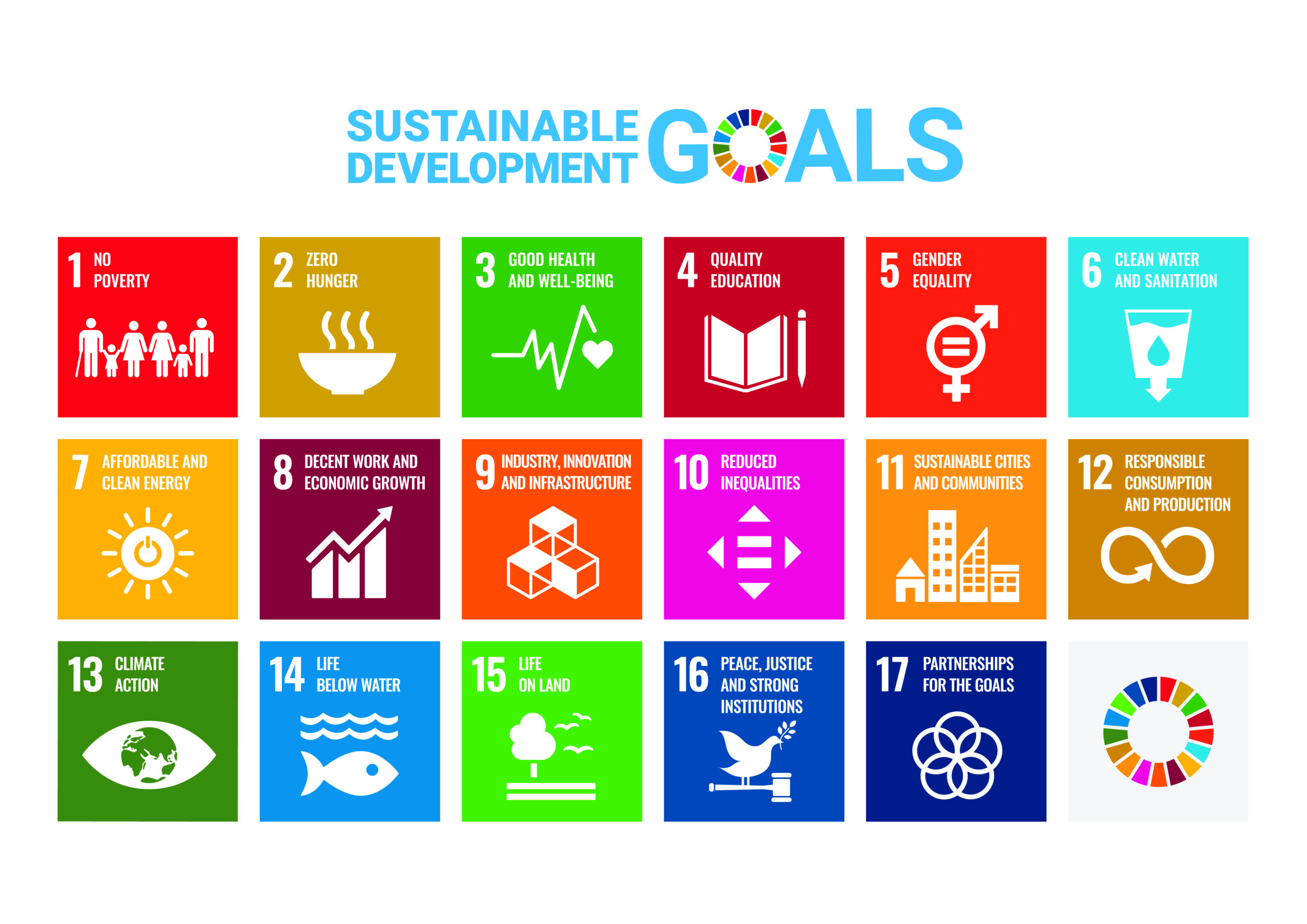 Recently, the Commission for Environmental Cooperation (CEC), which facilitates environmental, economic, and social linkages between Canada, Mexico, and the United States, partnered with LEARN to help spread the word about their Food Matters Action Kit and the #shrinkfoodwaste / #AntiGaspillageAlimentaire campaign. The guide offers projects and activities that help raise awareness about the impact of food waste as well as activities that encourage a shift in attitude and behaviour, empowering young people to be part of the solution.
Recently, the Commission for Environmental Cooperation (CEC), which facilitates environmental, economic, and social linkages between Canada, Mexico, and the United States, partnered with LEARN to help spread the word about their Food Matters Action Kit and the #shrinkfoodwaste / #AntiGaspillageAlimentaire campaign. The guide offers projects and activities that help raise awareness about the impact of food waste as well as activities that encourage a shift in attitude and behaviour, empowering young people to be part of the solution.
Reducing food waste is important because in North America, the energy wasted is equivalent to 193 million tonnes of greenhouse gases, which is the same as driving 41 million cars continuously for a whole year and is enough energy to power 274 million homes.
On October 14 from 3:30-4:30, LEARN and the CEC is hosting a bilingual webinar we are calling Make une différence! Take action on le gaspillage alimentaire! We will be talking about the CEC’s Food Matters Action Kit / Trousse d’action anti-gaspillage and discussing classroom activities that inform and change behaviours and attitudes.
You Can Register here / Inscription ici
This webinar coincides with Semaine québécoise de réduction des déchets as a part of Canada’s Waste Reduction Week (October 17-25) and World Food Day (October 16). These are great examples of opportunities to connect concrete actions in school with community partners who are all working for a common cause.
Email us if you want to join our network of teachers working to incorporate environmental sustainability projects into the classroom and to hear about LEARN’s upcoming events on these projects.
Photo Credits:
Mohawks Teiakotetshennoron Stacey, left, and Gary Stacey came from Kahnawake to participate in the march.
(Jessica Deer/CBC)
UNESCO Teachers’ Toolkit – UNESCO Schools Network in Canada (PDF)

